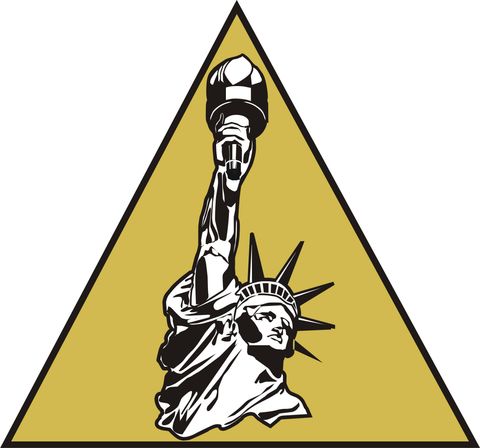
Tri Liberty Escrow
A Buyer’s Guide to Depositing Closing Funds
A Buyer’s Guide to Depositing Closing Funds
Buyers can avoid delays at an important time in the escrow process if they understand the requirements for depositing funds for closing.
State law requires that all funds be “collected” or cleared before the escrow officer can authorize recording of the closing documents. For this reason, the following types of deposits are not acceptable.
- Money orders – Stop payment orders can be placed on these after issuance.
- Cash – Your escrow company is not a bank and has no way to secure large sums of cash
- Foreign currency – Your escrow company can not be responsible for exchange rates
- Most escrow companies follow these guidelines for acceptable deposits:
If your deposit for closing is less than $500,000.00:
- Payment may be made in the form of a Cashier’s or Official Check drawn on a California Bank or Savings and Loan.
- These funds must be on deposit 24 hours before the escrow officer can authorize recording of the documents to close your escrow.
- If funds are not received in this form, your closing could be delayed from one to ten days or even longer while the escrow company confirms that the funds are “good” or cleared.
If your deposit for closing is $500,000.00 or more:
- Your funds MUST be deposited by wire transfer. Wired funds are not subject to the clearance procedures that can delay a closing. This form of deposit is by far the most efficient for all parties involved in the transaction.
- Your escrow officer will provide you with proper wiring instructions.
Talk to your escrow officer if you have questions about your final deposit or any other matter concerning your escrow.
Escrow 101
- Escrow 101: What is Escrow?
- Escrow 101: Managing Homeowners’ Association Documents
- Escrow 101: Financing Basics
- Escrow 101: Opening Escrow
- Escrow 101: The Buyer’s Opening Document Package
- Escrow 101: The Seller’s Opening Document Package
- Escrow 101: Understanding the Seller’s Property Information Form
- Escrow 101: Full Disclosure
- Escrow 101: Preparing for Closing
- Escrow 101: The Escrow Closes
- Escrow 101: What to Expect After Your Escrow Closes
More tips
- Vesting Descriptions
- Understanding Supplemental Property Taxes
- Managing Existing Loan Payments During Escrow
- What is a Home Warranty Policy?
- What is a Homeowner’s Exemption?
- Homeowner’s Guide to Proposition 60
- Understanding Recurring and Non-recurring Closing Costs
- Reconveyance of the Deed of Trust
- Structural Pest Control Q&A
- Understanding Your Hazard Insurance
- A Message for Senior Homeowners
- Understanding Property Tax Prorations
- A Buyer’s Guide to Depositing Closing Funds
- A Buyer’s Guide to Understanding Title Insurance
- A Message for Sellers About “Carry-Back” Financing
- How to Prepare for the Loan Document Signing Appointment
- A Tip for Sellers: Wire Transfer Guidelines
- Short Sale Transactions: A Primer for Realtors and Sellers
- Buyer’s Guide to Understanding the REO Transaction